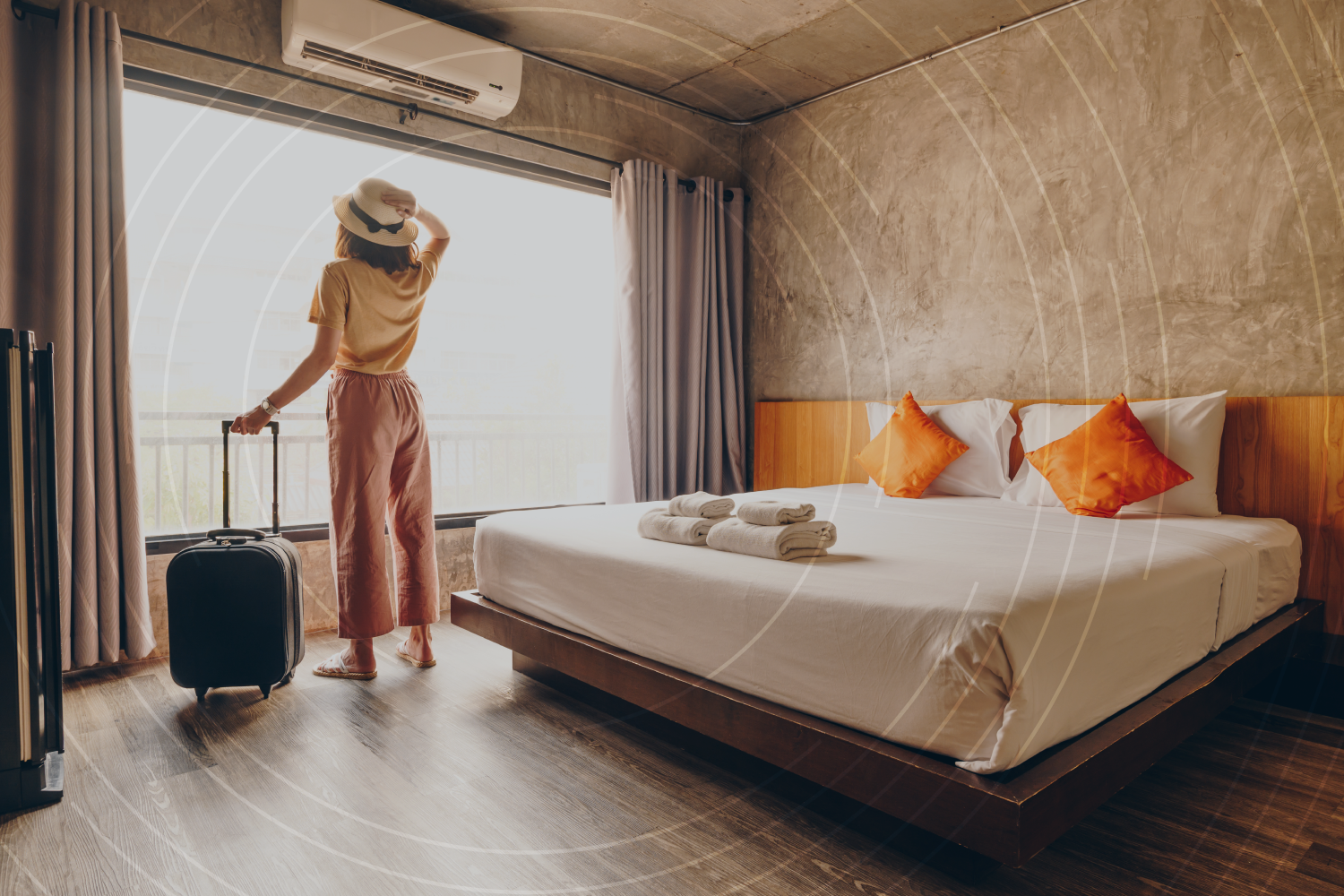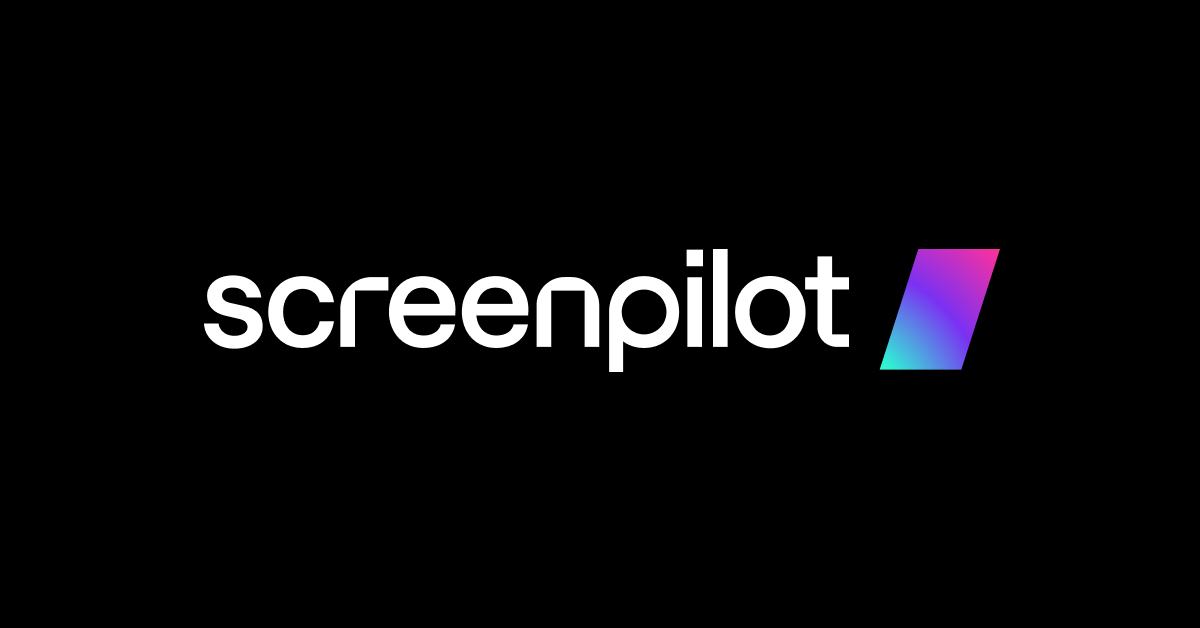
The following message was disseminated to all Screen Pilot clients and stakeholders on Tuesday, March 17.At Screen Pilot, we know that the COVID-19 conversation is as dynamic as it is compelling, with breaking news unfolding rapidly across social media. As the practice of social-distancing increases, attractions and businesses temporarily close their doors, and more and more employers implement work-from-home policies, social media reliance and usage will skyrocket. Now, more than ever, it is important to stay aware, available, and agile on your social media channels. Guests past, present, and future are looking for both up-to-date information on COVID-19 in their area and in their desired destinations, as well as a digital respite from the never-ending news cycle. Hotels and resorts have always been an information source for prospective travelers, which is why they’re uniquely positioned to provide resources and reassurance. Work with your digital marketing and social media teams (be they in-house or agency partners) to implement some of these “do’s” and “don'ts” for building community in the wake of a crisis. These are just a few of the actionable items and best practices we here at Screen Pilot want to share with you now. If you’re interested in further discussion, consulting, or a good old-fashioned brainstorming session, let’s set up some time to talk.
DO:
- Encourage consumer confidence. Focus on reputation and community management. Guests are going to be asking questions surrounding their upcoming reservations, payment information and status, housekeeping measures and cleaning procedures, etc. Be there to answer their questions and provide guidance.
- Provide useful information with managed transparency early and often regarding the status of the operations of your businesses (hotel, restaurant, spa, golf) on your social media channels. Are you still open? What is your updated cancellation policy? What travel warnings/recommendations are in place in your destination?
- Develop an FAQ specific to this topic and separate it from your general FAQ.
- Answer some of the above questions, then publish this information on your website.
- Use social media as a platform to prominently display these questions and their answers, and link back to the FAQ page on your website when possible.
- Use a branded hashtag on channels like Twitter to aggregate information in one place. This will pull all frequently asked questions and their answers in an easily digestible feed.
- Stay agile.
- Set up digital news alerts for your location to stay abreast of the latest updates in order to inform your social media strategies that day.
- Re-visit and re-align messaging and imagery each and every day as news changes.
- Double- (or, even better, triple-) check your posts for appropriate imagery and copy.
- Messaging and information may change daily, so it’s best to have as many opinions and perspectives as you can.
- This is a great place to loop in your digital marketing agency partners, public relations partners, and social media teams to hear multiple perspectives.
- Be human, be empathetic.
- Social media is, of course, just that - social. Transparency and empathy will help to create trust and confidence in your brand now and into the future.
- Take this time to recognize your neighborhood partners on social media and shed light on how guests can take action in their own communities or from afar.
DON’T:
- Don’t go dark.
- Users are expecting to see updates on social media regarding your business. Your digital channels are likely the first place they will go for information.
- If you are not posting, managing community comments, or tuning in to social listening, you may miss an opportunity to provide correct information.
- Don’t avoid acknowledgment. Show your brand’s humanity and empathy by acknowledging that we are all in this together. It’s important that your digital interactions emphasize that your community has the support of your brand and its teams.
- Do not post about large group gatherings or offer participation in large group gatherings.
- Limit posting about shared items or spaces (food, beverages, beds, gyms, etc).
- Do not be promotional or sales-y. Check your current boosted posts, Facebook/Instagram ad campaigns, LinkedIn advertisements, etc. Pause and pivot where necessary.
- Do not be funny, condescending, confrontational, or sarcastic surrounding the topic.
Things You Can Do Today:
- Update any links in your profiles to relevant content on your site. COVID-19 FAQ, Cancellation/Travel Policies, etc.
- Monitor previously posted content for any imagery or copy that may be sensitive to the current situation.
- Brainstorm creative messaging and post ideas with your digital marketing partners and social media teams. Having clear, open lines of communication to discuss real-time updates is paramount to success.
- Focus on your social listening just as much as your social posting. What are your guests concerned about the most? Check daily and add information to your FAQ document. After all, if they are talking about it on social media, they are most likely searching for answers - best to lead them directly to the source.
- Begin thinking about and developing a recovery strategy.
- What messaging can you begin creating around welcoming your guests back and the measures that have been taken to safely do so when the time is right?
- How can this messaging tie into the messages you distributed during the COVID-19 crisis? How can you mobilize the community you created?
- Where will you strategically place all of this content and information? Website, social media, advertising campaigns?
Screen Pilot’s Social Media Team and Content Marketing Team are poised and ready to help you stay aware, available, and agile on your social media channels.As news continues to unfold daily, we’re here to lend a helping hand and ear to assist in your social media crisis management with best practices and strategic recommendations.Stay well,Rachel AndersonDirector of Content MarketingScreen Pilotranderson@screenpilot.com
The following message was disseminated to all Screen Pilot clients and stakeholders on Tuesday, March 17.At Screen Pilot, we know that the COVID-19 conversation is as dynamic as it is compelling, with breaking news unfolding rapidly across social media. As the practice of social-distancing increases, attractions and businesses temporarily close their doors, and more and more employers implement work-from-home policies, social media reliance and usage will skyrocket. Now, more than ever, it is important to stay aware, available, and agile on your social media channels. Guests past, present, and future are looking for both up-to-date information on COVID-19 in their area and in their desired destinations, as well as a digital respite from the never-ending news cycle. Hotels and resorts have always been an information source for prospective travelers, which is why they’re uniquely positioned to provide resources and reassurance. Work with your digital marketing and social media teams (be they in-house or agency partners) to implement some of these “do’s” and “don'ts” for building community in the wake of a crisis. These are just a few of the actionable items and best practices we here at Screen Pilot want to share with you now. If you’re interested in further discussion, consulting, or a good old-fashioned brainstorming session, let’s set up some time to talk.
DO:
- Encourage consumer confidence. Focus on reputation and community management. Guests are going to be asking questions surrounding their upcoming reservations, payment information and status, housekeeping measures and cleaning procedures, etc. Be there to answer their questions and provide guidance.
- Provide useful information with managed transparency early and often regarding the status of the operations of your businesses (hotel, restaurant, spa, golf) on your social media channels. Are you still open? What is your updated cancellation policy? What travel warnings/recommendations are in place in your destination?
- Develop an FAQ specific to this topic and separate it from your general FAQ.
- Answer some of the above questions, then publish this information on your website.
- Use social media as a platform to prominently display these questions and their answers, and link back to the FAQ page on your website when possible.
- Use a branded hashtag on channels like Twitter to aggregate information in one place. This will pull all frequently asked questions and their answers in an easily digestible feed.
- Stay agile.
- Set up digital news alerts for your location to stay abreast of the latest updates in order to inform your social media strategies that day.
- Re-visit and re-align messaging and imagery each and every day as news changes.
- Double- (or, even better, triple-) check your posts for appropriate imagery and copy.
- Messaging and information may change daily, so it’s best to have as many opinions and perspectives as you can.
- This is a great place to loop in your digital marketing agency partners, public relations partners, and social media teams to hear multiple perspectives.
- Be human, be empathetic.
- Social media is, of course, just that - social. Transparency and empathy will help to create trust and confidence in your brand now and into the future.
- Take this time to recognize your neighborhood partners on social media and shed light on how guests can take action in their own communities or from afar.
DON’T:
- Don’t go dark.
- Users are expecting to see updates on social media regarding your business. Your digital channels are likely the first place they will go for information.
- If you are not posting, managing community comments, or tuning in to social listening, you may miss an opportunity to provide correct information.
- Don’t avoid acknowledgment. Show your brand’s humanity and empathy by acknowledging that we are all in this together. It’s important that your digital interactions emphasize that your community has the support of your brand and its teams.
- Do not post about large group gatherings or offer participation in large group gatherings.
- Limit posting about shared items or spaces (food, beverages, beds, gyms, etc).
- Do not be promotional or sales-y. Check your current boosted posts, Facebook/Instagram ad campaigns, LinkedIn advertisements, etc. Pause and pivot where necessary.
- Do not be funny, condescending, confrontational, or sarcastic surrounding the topic.
Things You Can Do Today:
- Update any links in your profiles to relevant content on your site. COVID-19 FAQ, Cancellation/Travel Policies, etc.
- Monitor previously posted content for any imagery or copy that may be sensitive to the current situation.
- Brainstorm creative messaging and post ideas with your digital marketing partners and social media teams. Having clear, open lines of communication to discuss real-time updates is paramount to success.
- Focus on your social listening just as much as your social posting. What are your guests concerned about the most? Check daily and add information to your FAQ document. After all, if they are talking about it on social media, they are most likely searching for answers - best to lead them directly to the source.
- Begin thinking about and developing a recovery strategy.
- What messaging can you begin creating around welcoming your guests back and the measures that have been taken to safely do so when the time is right?
- How can this messaging tie into the messages you distributed during the COVID-19 crisis? How can you mobilize the community you created?
- Where will you strategically place all of this content and information? Website, social media, advertising campaigns?
Screen Pilot’s Social Media Team and Content Marketing Team are poised and ready to help you stay aware, available, and agile on your social media channels.As news continues to unfold daily, we’re here to lend a helping hand and ear to assist in your social media crisis management with best practices and strategic recommendations.Stay well,Rachel AndersonDirector of Content MarketingScreen Pilotranderson@screenpilot.com




















